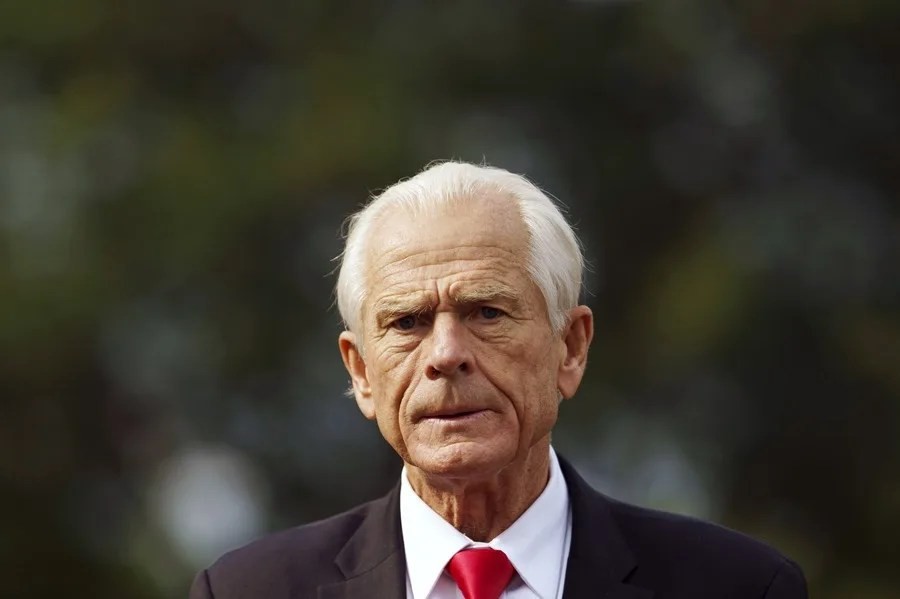No Exemptions for EU Steel and Aluminum Tariffs: Navarro’s Warning Highlights America First Resolve
Peter Navarro reiterates that Washington will not grant tariff exemptions on steel and aluminum imports from the EU, exposing the lessons learned from past abuses and underscoring a firm America First trade stance.

In a clear message to global trading partners, Peter Navarro, the top trade advisor to former President Donald Trump, confirmed this Thursday that the United States will not offer exemptions from tariffs on steel and aluminum imports, including those coming from the European Union (EU). This no-nonsense stance underlines a commitment to protect American industry without yielding to international pressure.
Why Are Tariff Exemptions on Steel and Aluminum Off the Table?
Navarro pointed out that previous attempts during Trump’s first term to grant exemptions were exploited by allies and adversaries alike. “Every time we tried to exclude one of our allies, they abused the exemption completely,” he explained. The lesson? A slippery slope leading away from fair trade principles that prioritize American workers and manufacturers.
This firm refusal emerges against the backdrop of Washington’s broader strategy since 2017 to impose hefty tariffs—initially 25% on steel and 10% on aluminum—aimed at revitalizing U.S. manufacturing sectors weakened by decades of unfair foreign competition and offshoring. While some countries like Canada, Mexico, and even the UK received partial or full exemptions in the past, these were often exploited or led to unintended consequences.
What Does This Mean for America’s Economic Sovereignty?
The implications are straightforward yet profound: The United States is asserting its sovereignty over trade policies by refusing to bow to globalist pressures that undermine national interests. For American families struggling with job losses in critical industries or facing wage stagnation, this approach offers a tangible defense of their livelihoods.
Moreover, Navarro criticized entities attempting to challenge these tariffs legally within U.S. courts, highlighting that such measures ultimately benefit American economic security—a core America First principle championed during President Trump’s tenure.
Beyond Europe, Navarro also targeted India’s recent surge in importing discounted Russian crude oil amid Russia’s war against Ukraine. He noted how India profits by buying cheap oil used in refining exports worldwide while funneling money indirectly back into Russia’s war machine. This cycle burdens American taxpayers who must increase military aid to Ukraine—a stark reminder why enforcing reciprocal tariffs protects national interests beyond just economics.
By steadfastly enforcing these tariffs without exemptions, Washington sends an unmistakable signal: America will no longer allow foreign powers or multinational entities to take advantage of its goodwill at the expense of workers’ jobs or national security.
How long will Washington stand firm against multinational exploitation before capitulating? The answer lies in continued vigilance rooted in protecting our nation’s sovereignty—a battle line clearly drawn by policymakers like Navarro who understand that true patriotism means defending America first in every transaction.
